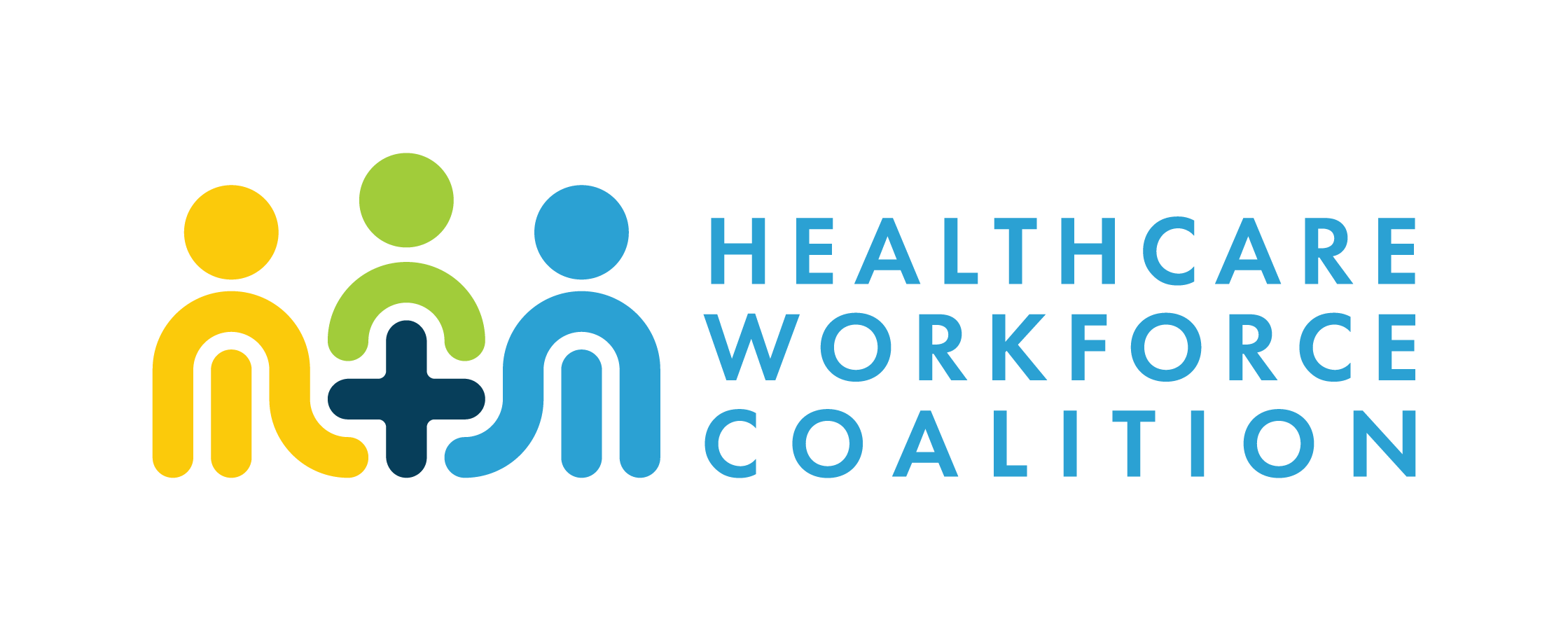The Challenge

There is a serious healthcare workforce crisis throughout the country right now with 85% of facilities reporting a shortage of allied health professionals and one-fifth of registered nurses expected to leave the workforce by 2027. While all levels of government are considering different solutions to the problem, it’s important for policymakers to take a closer look down the pipeline: the first year of nursing school. Many first-year students are entering nursing programs without the sufficient academic and study skills needed to succeed. This challenge is becoming more evident as national test scores continue to show a decline in core subjects like math and reading.
Despite careful admission decisions, this can lead to too-high attrition levels. In a 2022 ATI survey of nurse educators, 71% reported significant academic struggles among first-year students, and 46% reported increased rates of first-year attrition. And unfortunately, a significant number of nursing students are unable to get back on track after struggling through their first year.
To ensure more student success, the problem of inadequate academic preparedness must be addressed before students begin their nursing programs. Studies show that when students fail to pass a course, especially in the first semester, it negatively affects their confidence, mental health and increases financial burden.
At the University of Illinois Chicago (UIC) College of Nursing, faculty members have seized an opportunity to potentially reverse this trend in their Bachelor of Science in Nursing (BSN) and Master of Science in Nursing (MSN) graduate entry programs.
The Solution
To address this problem, UIC started its Pre-licensure Readiness Education Program for Aspiring Registered nursEs (PREPARE) Program, a 6-week course designed to improve the foundational knowledge of incoming nursing students. This program, funded by a grant from the Illinois Board of Higher Education and a gift from the Bedford Falls Foundation, is offered at no cost to students across three UIC campuses and begins before students start their degree program.
By utilizing ATI’s Launch Academic Readiness and the Test of Essential Academic Skills, UIC is able to personalize the learning experience for each student. Faculty members can also get a better understanding of each student’s strengths and weaknesses and create follow-up strategies to increase the likelihood of student success.
The Outcome
UIC is taking a proactive approach to set students up for academic success as well as for success in their future nursing careers. Though PREPARE at UIC is a fairly new program, initial results are already promising. Because of its commitment to student success, UIC College of Nursing has seen a 10% increase in enrollment and experienced fewer students falling behind.
Dr. Liz Aquino, the Associate Dean for Academic Affairs at UIC’s College of Nursing, says that student success will be tracked from students’ first semester onward. This evaluation will include monitoring academic standing, attrition, on-time graduation rates, and post-program NCLEX performance. These encouraging results mean more practice-ready nurses entering the workforce, building sustainable and rewarding careers, and closing gaps in patient access to care.
Thank you to ATI Nursing Education for contributing this powerful case study to the Healthcare Workforce Coalition.
CONGRESS: SUPPORT HEALTHCARE EDUCATION POLICY SOLUTIONS TO ENSURE A STRONG FUTURE WORKFORCE
Address Significant Workforce Shortage In Our Nation’s Healthcare System By Investing In Academic Preparation and Remediation To Bolster The Pipeline Of Nurses Entering The Workforce
To download a copy of this case study, click here.
